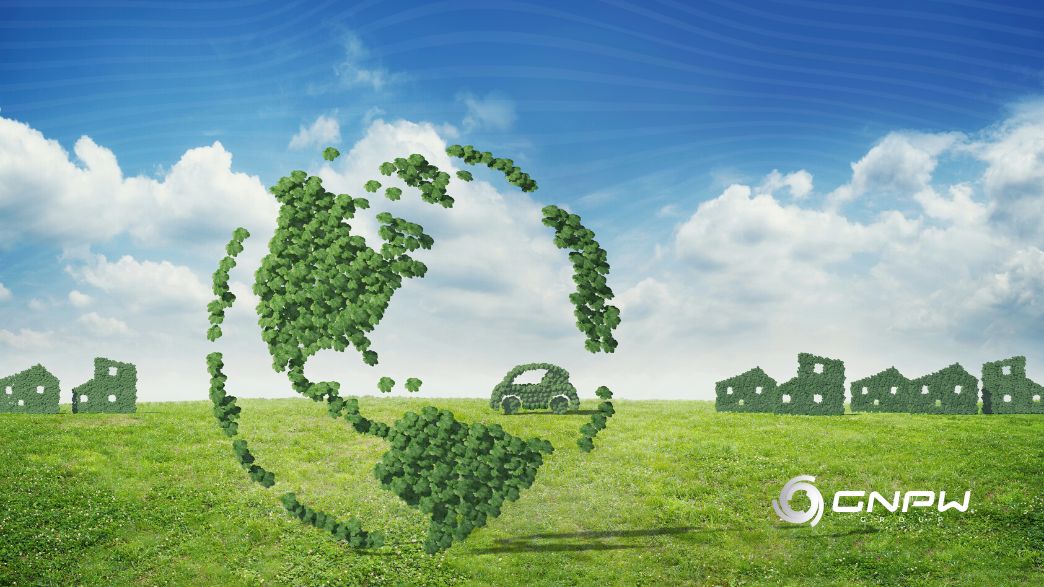The Brazilian Emissions Reduction Market (MBRE) is an important signal to set a price on the negative externalities of climate change.
The debate on climate change has stimulated several countries to seek measures to stop this advance and, in Brazil, it was no different. Therefore, the regulated carbon market was created in the country with the intention of developing initiatives to mitigate emissions.
Published in the Federal Official Gazette, Decree No. 11.075/2022 aims to regulate the National Policy on Climate Change. With the regulation, the Federal Government presented guidelines for the mitigation of climate change and instituted the National System for the Reduction of Greenhouse Gas Emissions, SINARE. The system will be responsible for recording emissions, removals, reductions, offsets, all acts of trade, transfer and retirement credit transaction.
With the decree published, the next step is to make the sectors participate in the gas reduction targets and use the carbon market to reduce their emissions. Even without mandatory reduction targets, the values must be stipulated in conjunction with the Ministry of the Environment and Economy.
The regulated carbon market and the integration with RenovaBio
Long before the creation of the new regulated carbon market, Brazil already had RenovaBio. The National Biofuels Policy was created in 2017 and aims to stimulate productive efficiency and GHG reduction in specific sectors. Thus, RenovaBio can be considered the first regulated carbon credit market in the country, with a decarbonization certificate market, the CBIOs, backed by the carbon of biofuels.
The acquisition target of 35.98 million CBIOs, planned for 2022, only offsets 18% of the sector’s footprint. Therefore, the contribution of the oil, gas, refining and distribution sectors needs to be extended to reach the net zero status of the fuel sector.
As the regulatory decree for the Brazilian market does not mention RenovaBio, nor does it define a regulatory government entity, the challenge now is to integrate the two programs so that there is an expansion of initiatives to other sectors of the economy.
The future of the regulated carbon market
With the regulation and expansion of the market, Brazil has the possibility to stand out at COP 27, which will take place in November 2022 in Egypt. It is important that, at this meeting, the country has concrete measures to demonstrate its commitment to achieving the stipulated goals.
In addition to the creation of the carbon market, there are still many actions to be taken so that Brazil consolidates itself as an efficient, transparent market that has a methodology and flow of carbon credits.
In this context, the country also stands out with Agribusiness. Brazil is a key player in feeding the planet, after all, it has a clean energy source and the sector can be very positive in terms of environmental gains for the carbon market.
Therefore, for Brazil to create a strong carbon market, it will be necessary to analyze and rethink errors and successes of carbon pricing around the world and seek an integration of public policies. Many companies are already looking at these goals through ESG Goals. Understand this relationship better by reading the content on the blog.

Comment